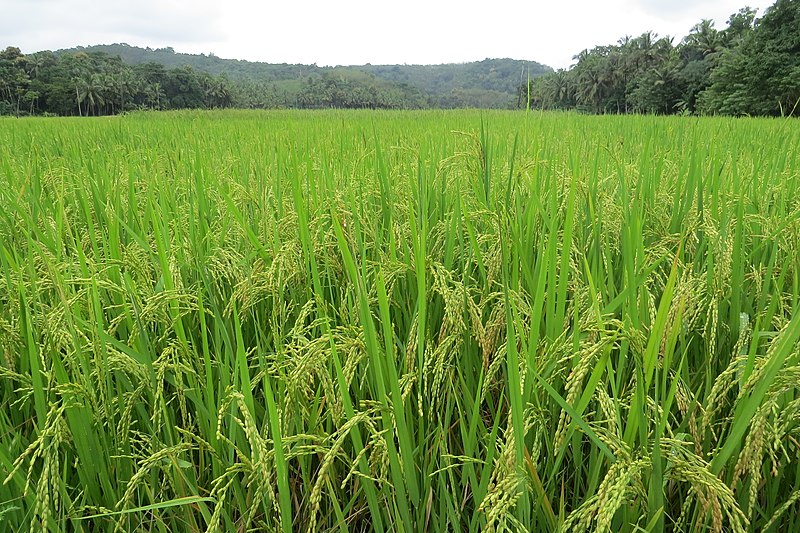
As devastating floods due to climate change continue to ravage India's rice fields, the nation's recent ban on rice exports could have far-reaching consequences for global food security.
India, the world's largest rice exporter, imposed the export ban on non-basmati white rice in an effort to stabilize domestic prices and ensure food availability. This move, coupled with additional restrictions such as a 20% duty on parboiled rice exports, has sparked concerns about potential global food inflation and disrupted rice-dependent countries' food supplies.
The ban holds significant implications, particularly for the approximately three billion people worldwide who rely on rice as a staple food. India has historically contributed around 40% of global rice exports. Economists point out that this ban is just one of several disruptions to global food supplies, including Russia's incursion into Ukraine and weather events like El Niño.
Experts caution that the ban could lead to significant market disturbances, with the poorest populations in Global South countries disproportionately affected. The sudden announcement of the export ban led to panic buying in the United States, causing rice prices to soar to nearly a 12-year high. Basmati rice, India's premium variety, is exempt from the ban, but non-basmati white rice makes up about a quarter of India's rice exports.
This ban coincided with Russia's withdrawal from the Black Sea grain deal, which amplified concerns about grain staple availability globally. Arif Husain, chief economist at the United Nations World Food Programme, emphasized the interconnected nature of rice, wheat, and corn crops in feeding impoverished communities worldwide. Farmers like Satish Kumar in India express worry that these disruptions not only affect market prices but also devastate their livelihoods and well-being. Photo by Vinayaraj, Wikimedia commons.








































